Impact
About
Seventeen refugee-led organisations (RLOs) are empowering over 10,000 small-scale refugee farmers in Uganda, Kenya, and Malawi, annually, by promoting indigenous regenerative agricultural practices such as maintaining soil cover, crop diversity, minimal soil disturbance, and integrated crop-livestock farming. Unlike unsustainable aid-dependent interventions, this approach fosters long-term self-reliance and food security. In 2023, the UN World Food Programme’s funding shortfall of over 60% led to food ration cuts from 70% to 30%, pushing approximately 1.6 million refugees into emergency hunger. Recognizing the need for sustainable solutions, these organisations are tackling food insecurity, poverty, and hunger, helping refugee families achieve self-reliance and economic inclusion. Every donation supports this vital mission, impacting thousands of lives.
KNOWLEDGE & INSIGHTS:
Majority of the refugee households being supported by the RLOs in the collective engage in crop and cereal production. In developing countries like Uganda, Kenya and Malawi, cereal crops such as maize, rice, millet, sorghum and wheat provide 48% of the total calories and 42% of the total protein, according to a report by the International Rice Research Institute. Refugee led farming initiatives have potential to address nutritional needs, food security and self-reliance among refugees.
Youth unemployment
According to a World Youth Report by the United Nations, there are about 1.2 billion youth aged between 15 and 25 years, representing around 16% of the global population. The report further shows that refugee youth in host countries face numerous barriers to employment, including legal restrictions, discrimination, lack of recognition of their qualifications, and limited access to education and vocational training. RLOs in this collective are working to create economic opportunities for youth and helping developing countries like Uganda, Kenya, and Malawi to take advantage of this demographic dividend through farming.
Integrating climate smart agricultural practices:
Practices such as regenerative agriculture have been reported to be crucial in sustainable agri-food systems because they preserve soil health. Mushroom growing on the other hand requires little land acreage yet yielding high output and incomes. It has a relatively low carbon footprint compared to Agro-food systems that rely on large acres of land. The permaculture research institute finds aspects such as polyculture and crop rotation, mulching, cover cropping and integration of livestock, which are common in permaculture farming systems very useful in maintaining soil health and soil fertility.
Diversification of incomes by refugees
Despite being chronically underfunded, RLOs are supporting farmers to embrace agribusiness with promising results in terms of earnings. However, refugees still face a number of problems in refugee settlements, which include: limited irrigation infrastructure, lack of start-up capital, lack of post harvest handling facilities, lack of access to land, limited agricultural extension services, poor value addition and poor linkage to market. By supporting RLOs involved in this collective, you will enable refugee communities in Kenya, Uganda and Malawi, to overcome the above challenges and use agriculture to boost their earning potential as they continue the quest for self reliance.
TOMORROW VIJANA'S STORY OF CHANGE
Tomorrow Vijana, the first refugee-led organisation in Rwamwanja refugee settlement, in South Western Uganda, was founded in 2014 by refugee youth addressing urgent community needs. Initially operating under a tree, partnerships with Cohere and other funders enabled them to establish two offices in Rwamwanja Refugee Settlement. Today, their farming and livelihood programs reach over 12500 refugees and host youth annually, with 70% being female. They create at least 150 new jobs per year through sustainable farming practices. Tomorrow Vijana also mentors 7 other community-based organisations, advocating for refugee land rights, self-reliance, and job creation. They emphasize investing in sustainable agriculture as crucial for survival not only for refugees but for everyone, especially in developing countries like Uganda that are facing food shortages amidst a very fast growing population that may not match with food production.
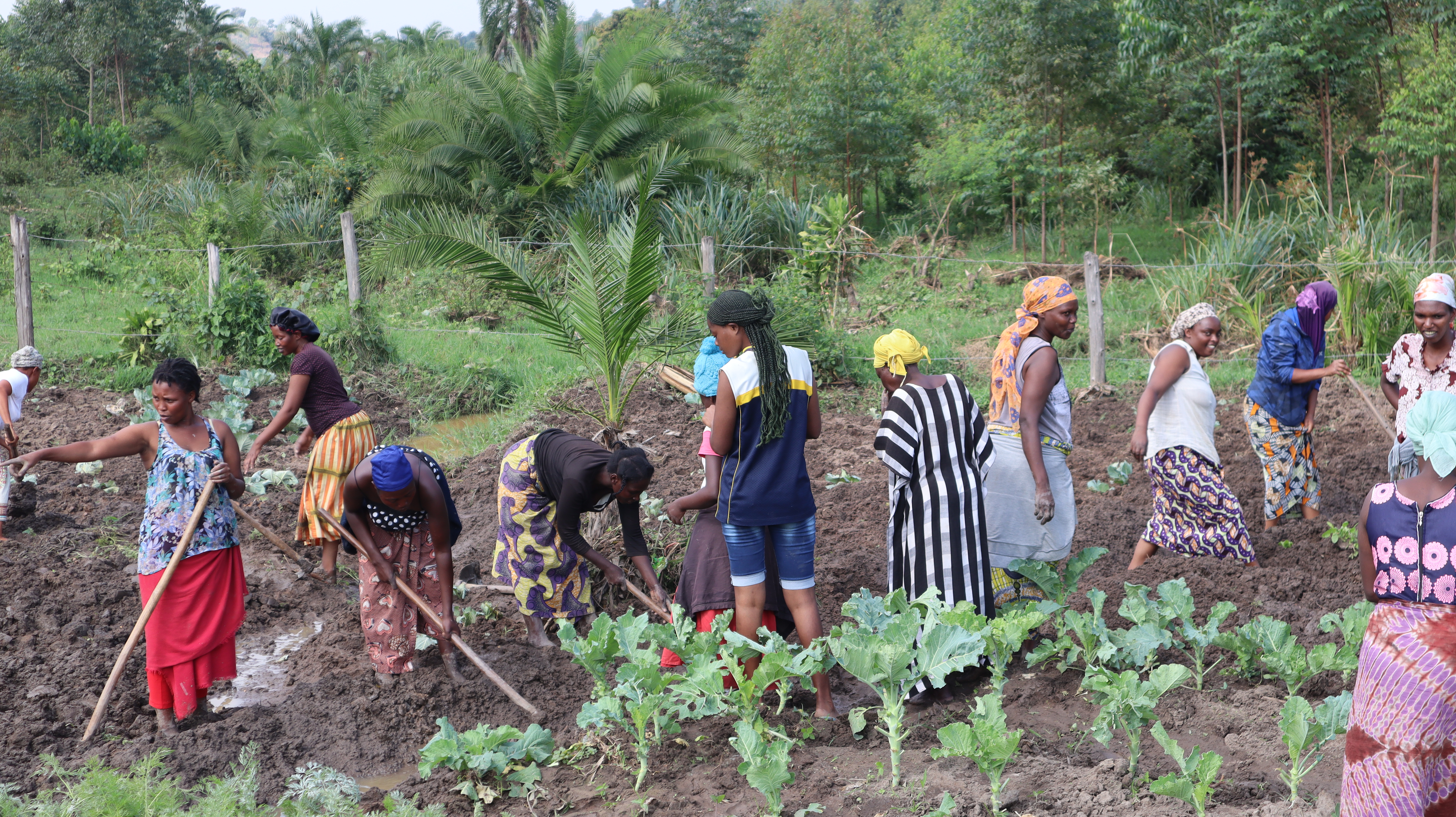
Bemeriki Bisimwa Dusabe'S STORY OF CHANGE
Bemeriki Bisimwa Dusabe is a refugee from the Democratic Republic of Congo, living in Rwamwanja Refugee settlement. Bemeriki is is an expert of permaculture and teaches fellow refugee farmers, how to use permaculture and regenerative agriculture principles, to combat soil infertility, food insecurity and malnutrition. In 2015, he founded Rwamwanja Rural Foundation, a refugee led organisation, determined to empower youth and women to achieve self-reliance using the small plots of land that the government allocates them in the refugee settlements. Bemeriki through Rwamwanja Rural Foundation has been able to directly teach and impact over 2000 farmers annually, through regenerative agricultural practices, including sustainable mushroom farming, agroforestry, organic farming and many others. In 2023, he won the Lush Spring Prize, as a recognition for the work that Rwamwanja Rural Foundation is doing to repair and revive the social and natural environment.
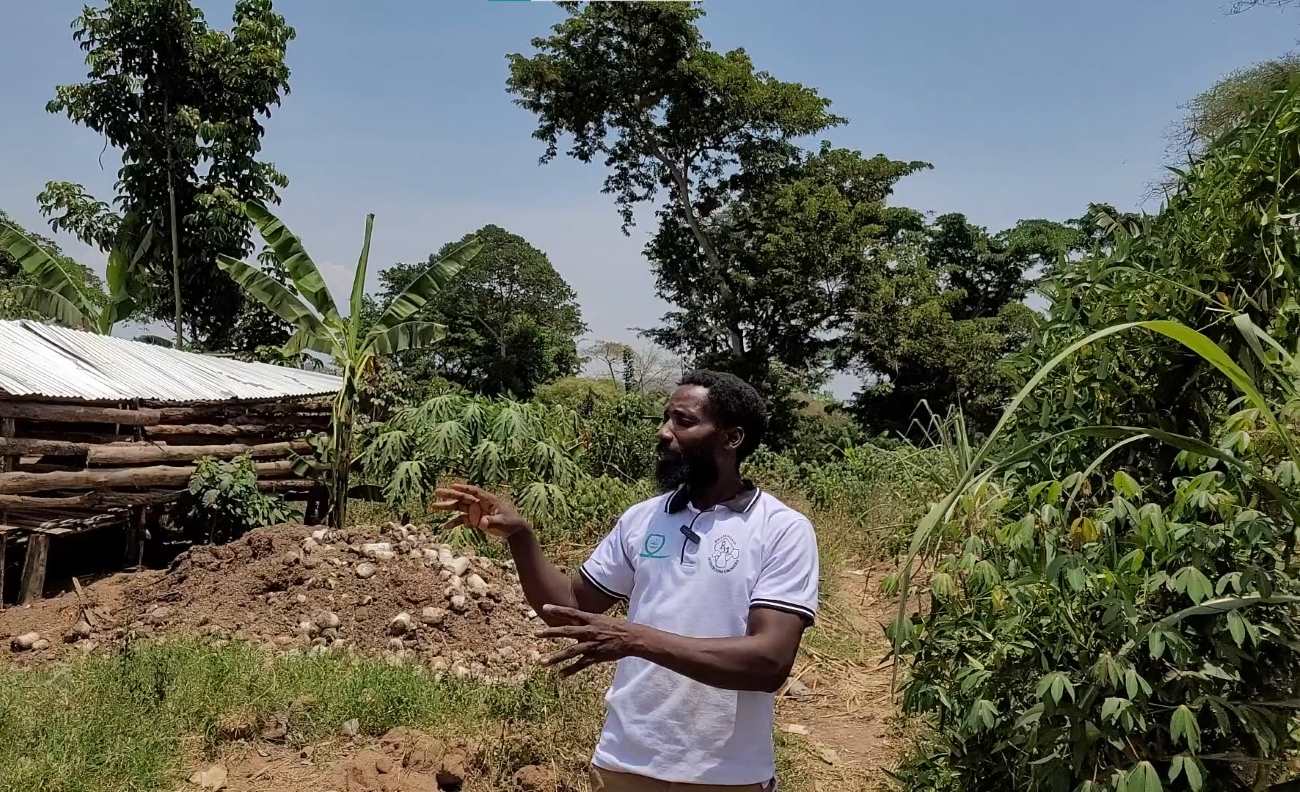
Newsfeed
I CAN South Sudan
Follow up assessment of children with disabilities by 3 stars in Barakala(host community)
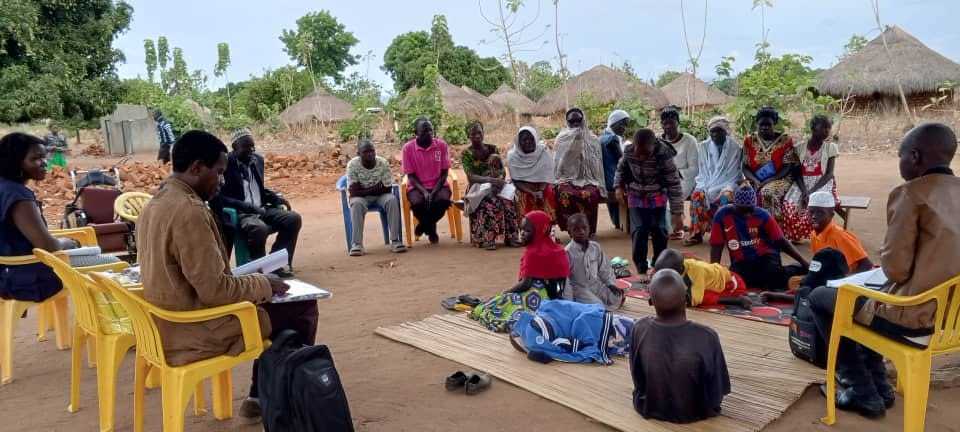
12:24 pm · Mar 20, 2025
0
1
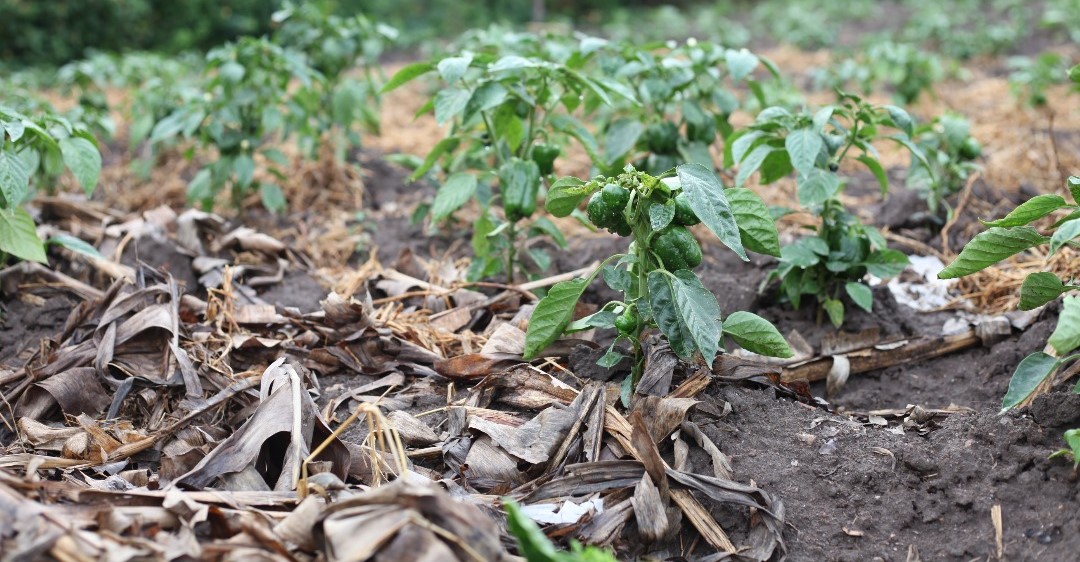
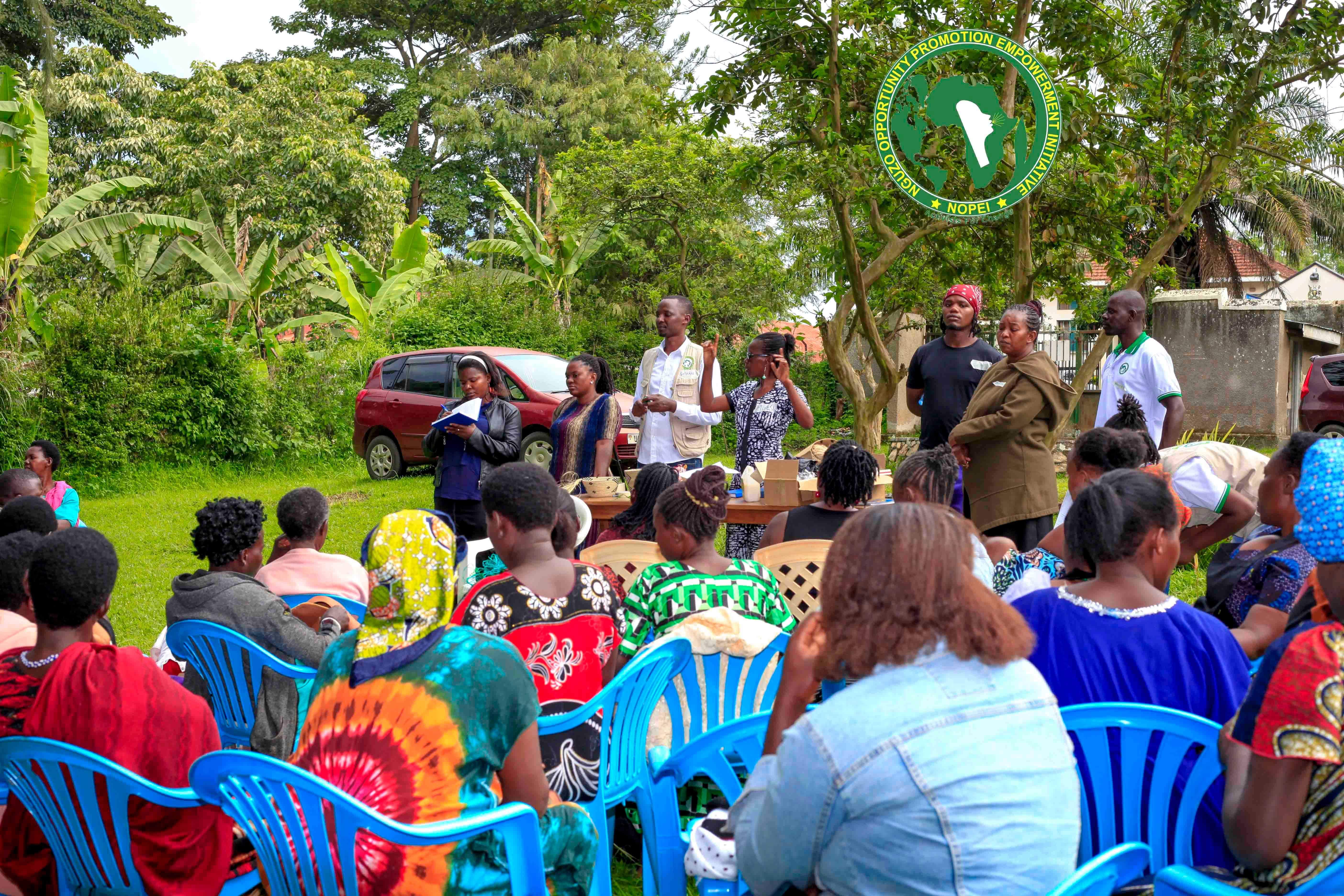
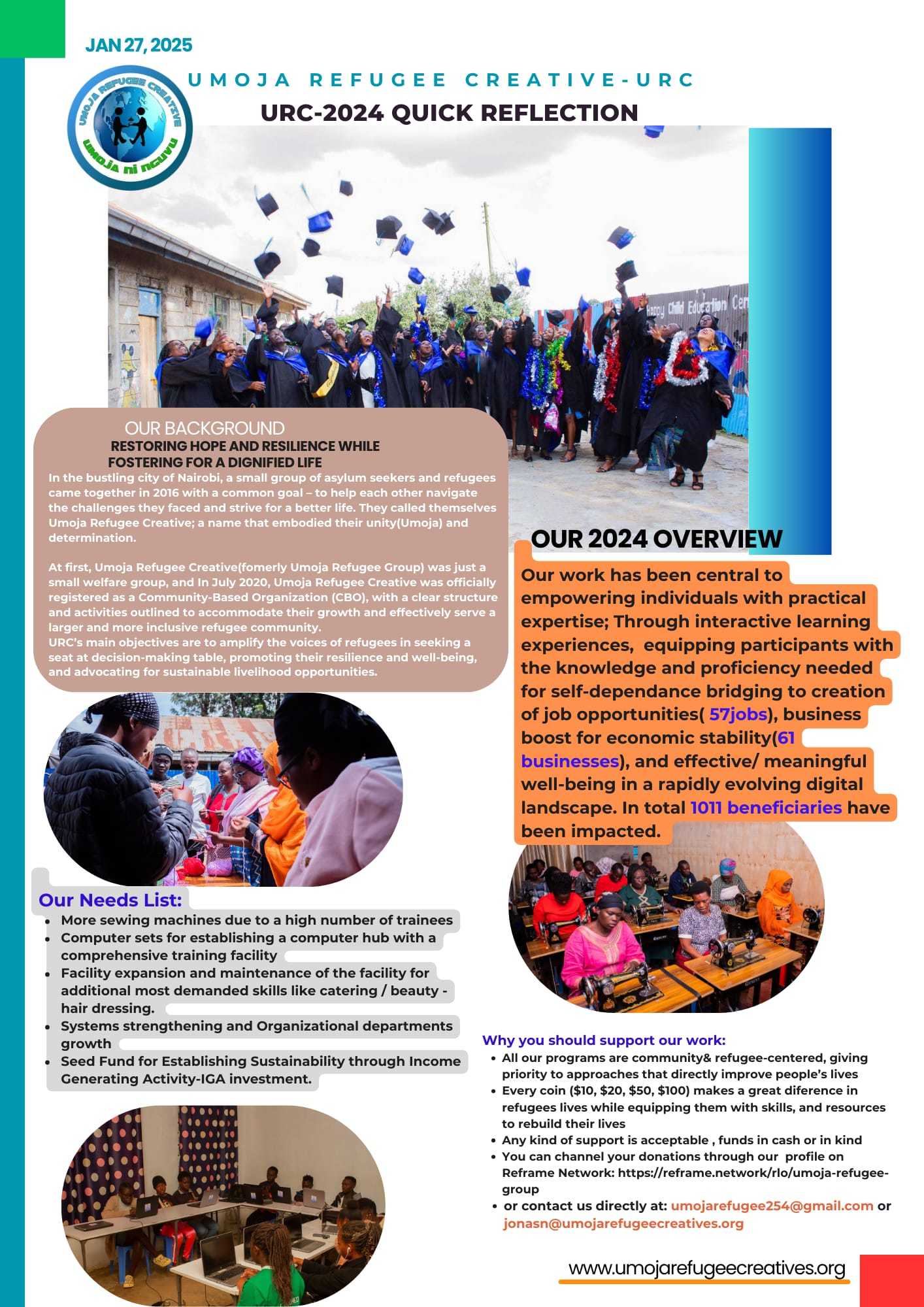

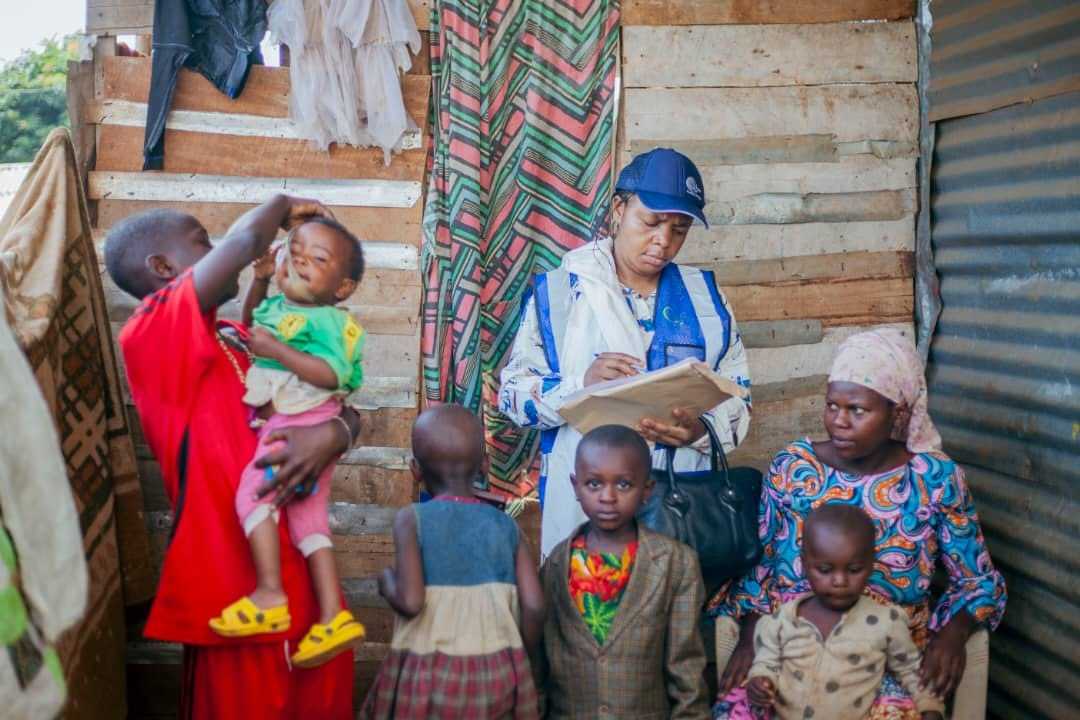
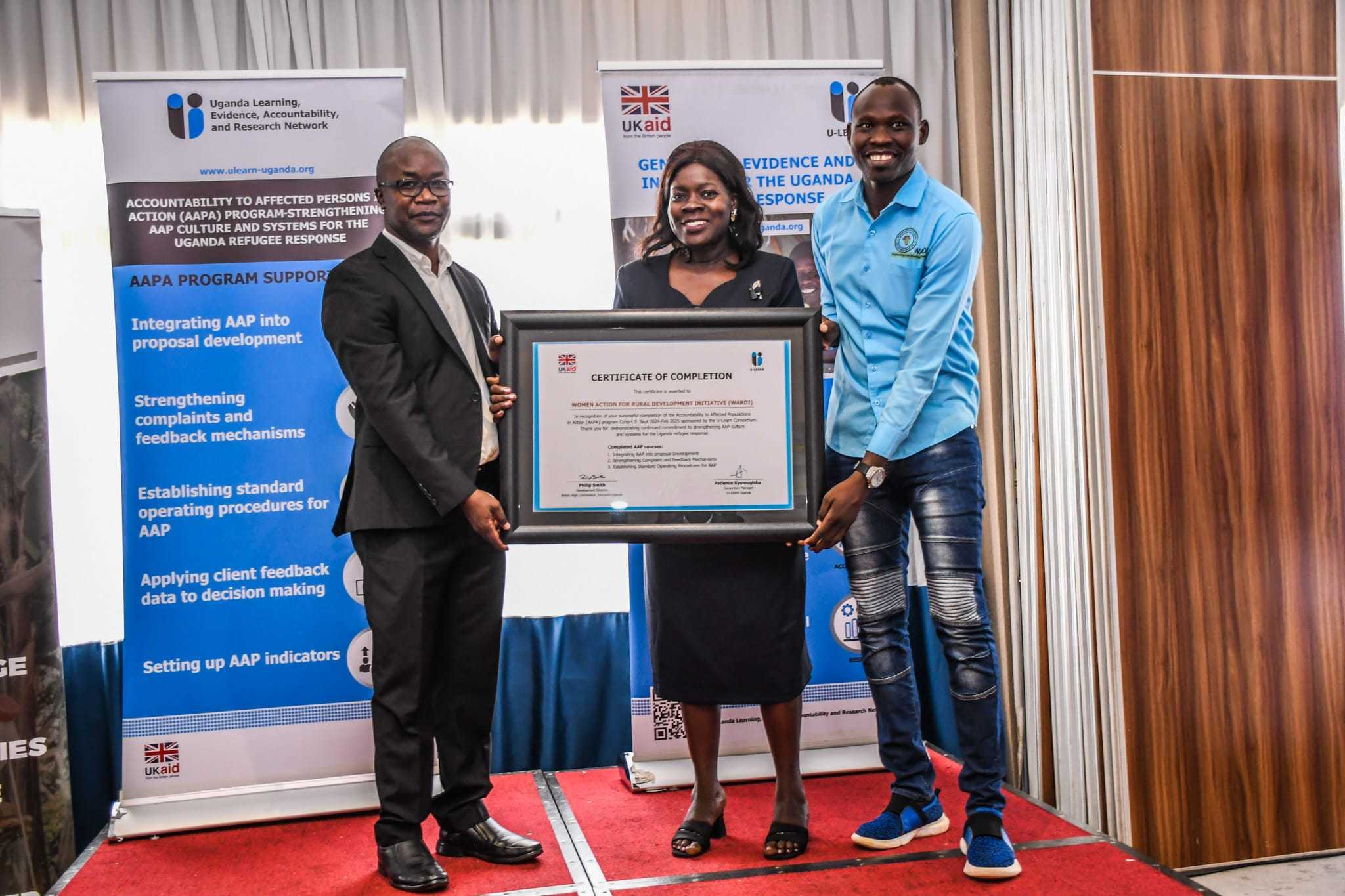

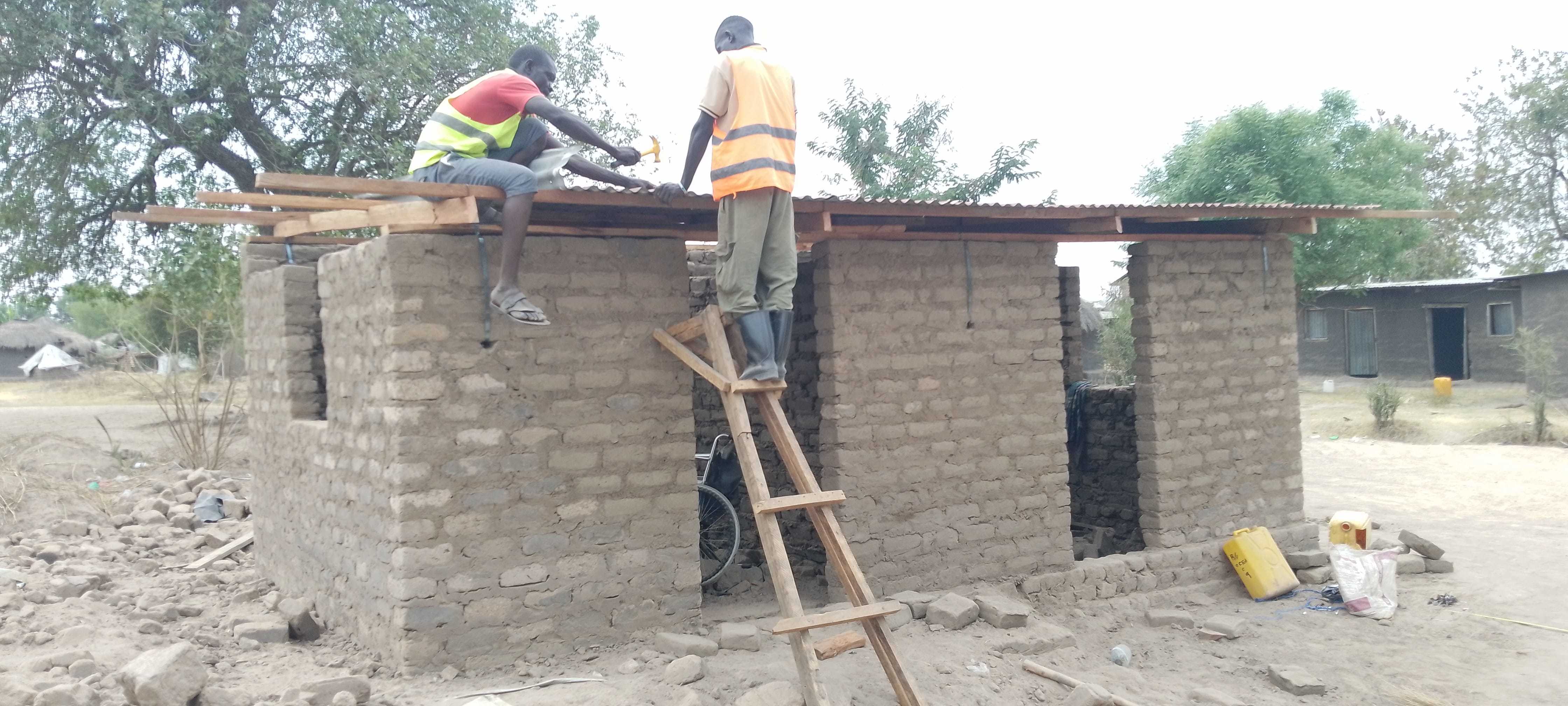
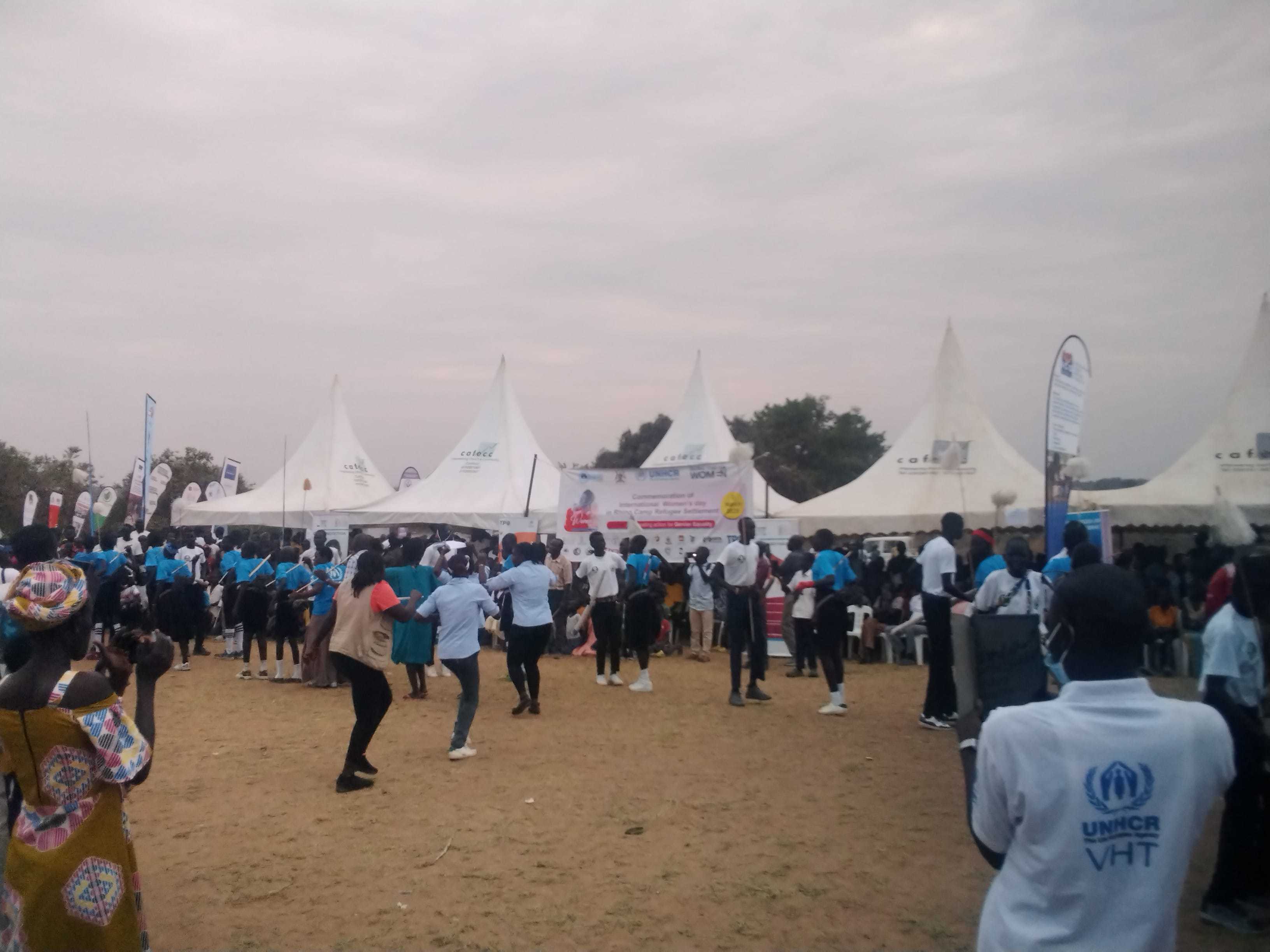
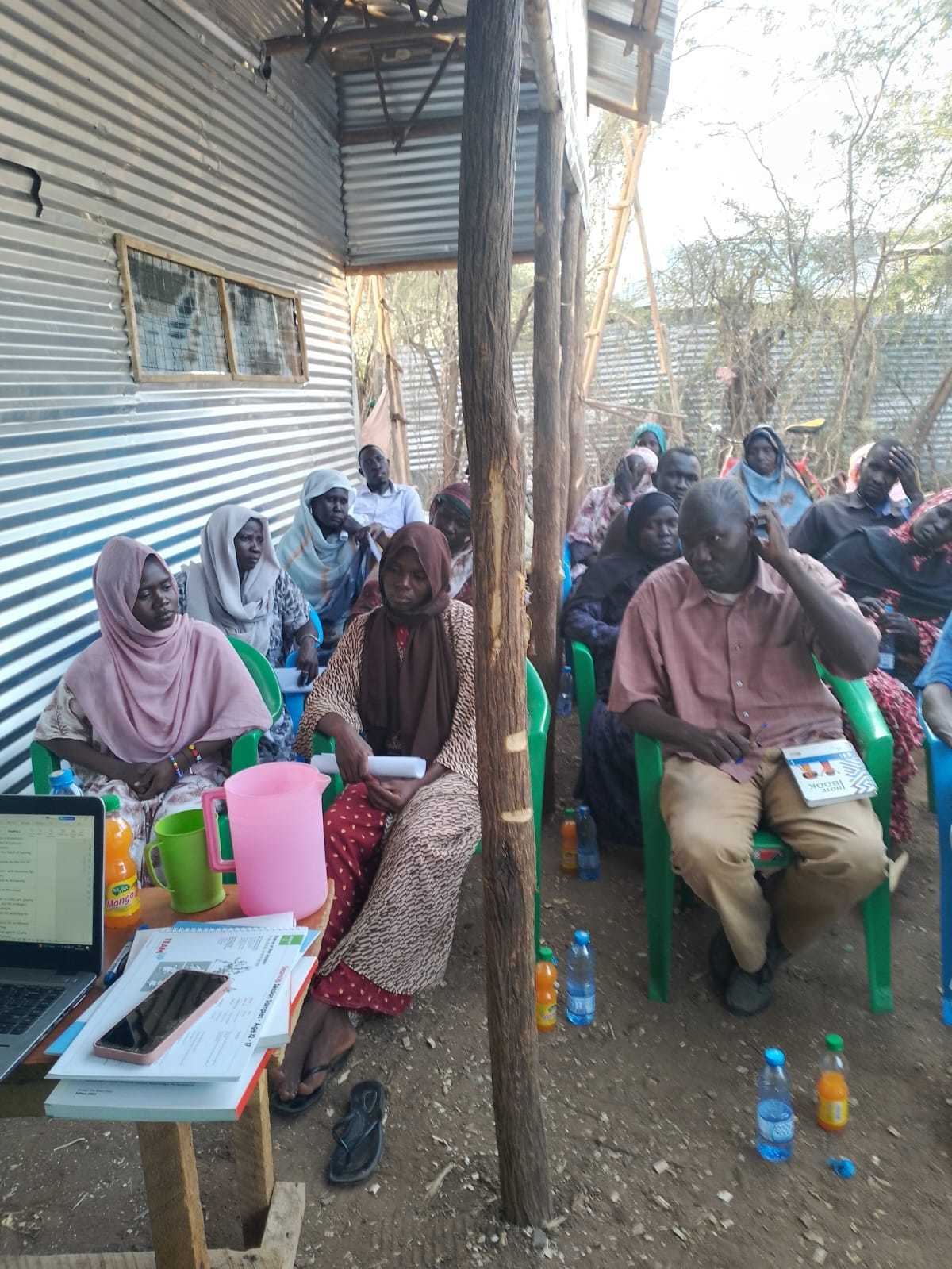
0